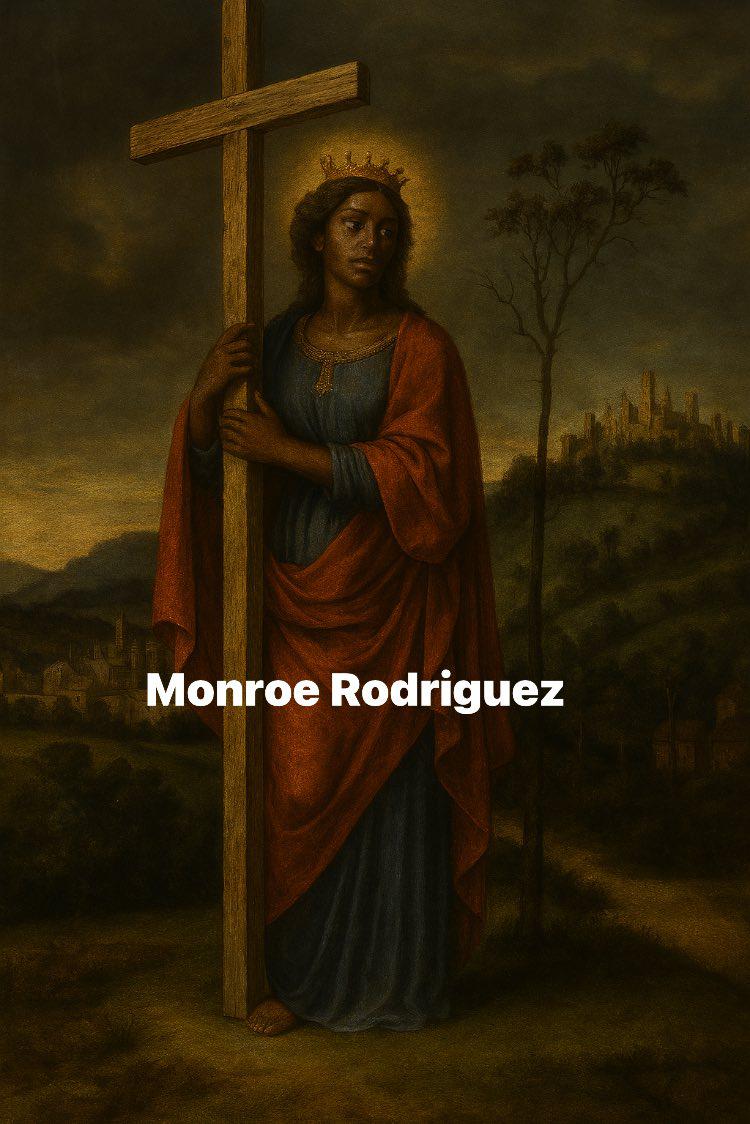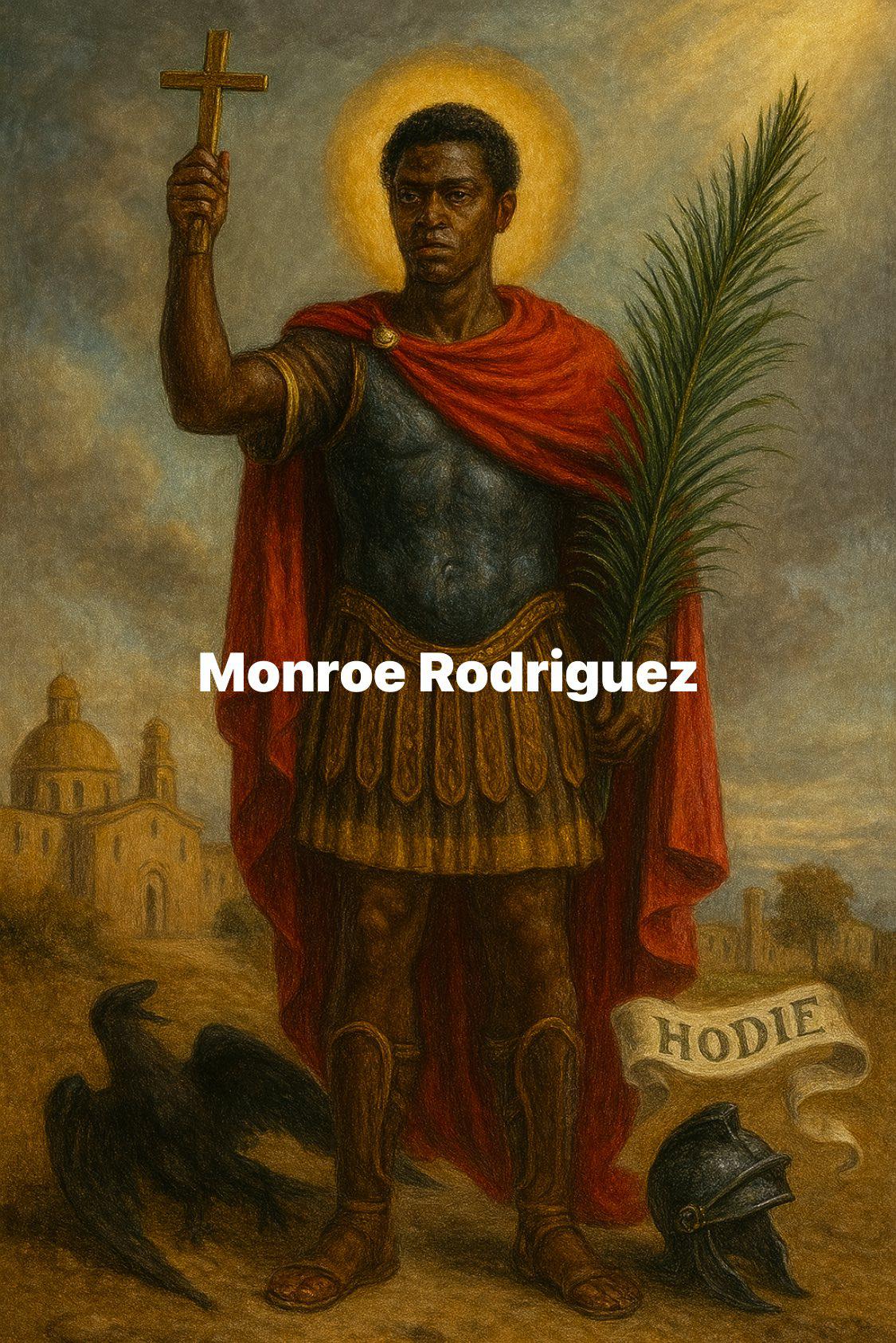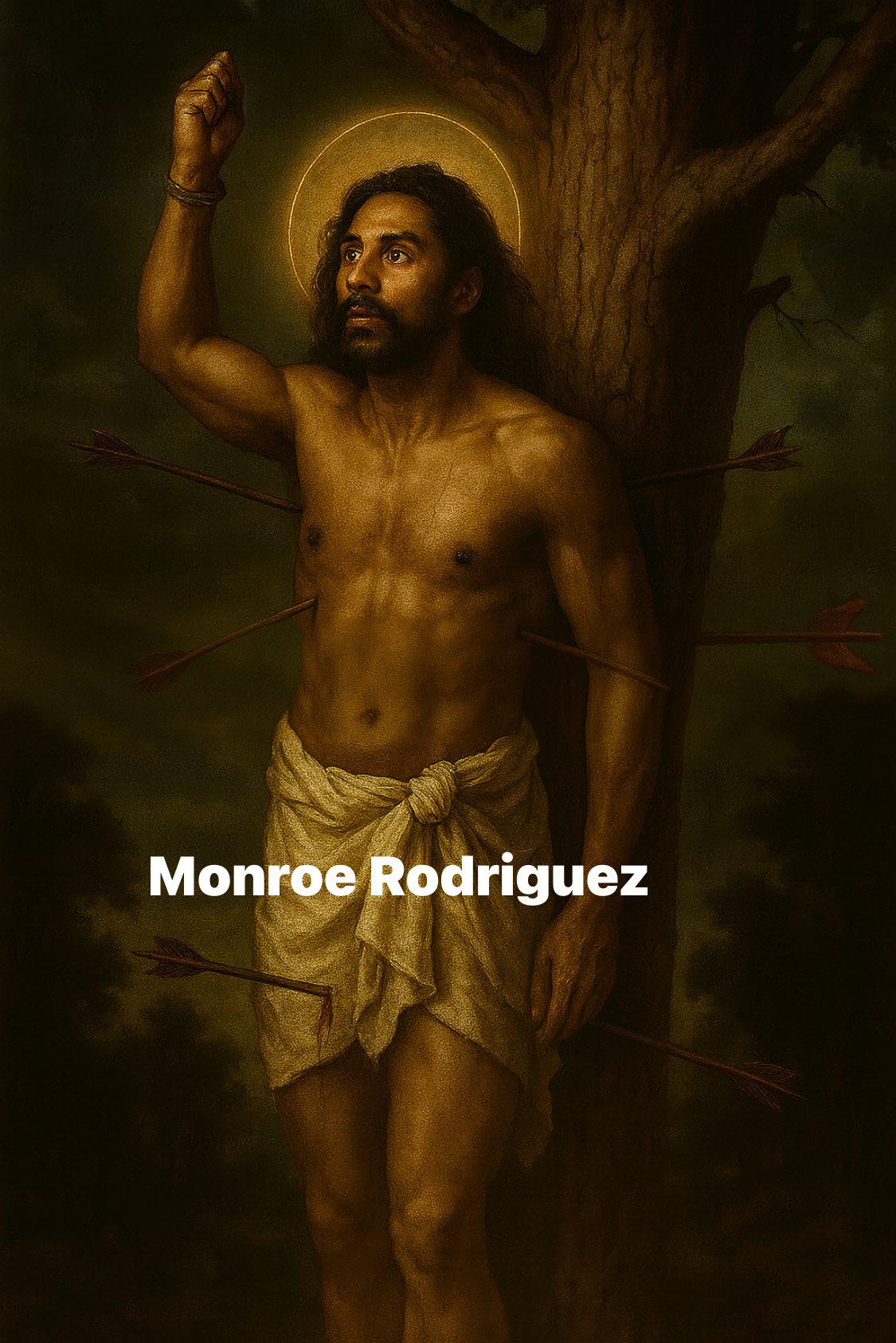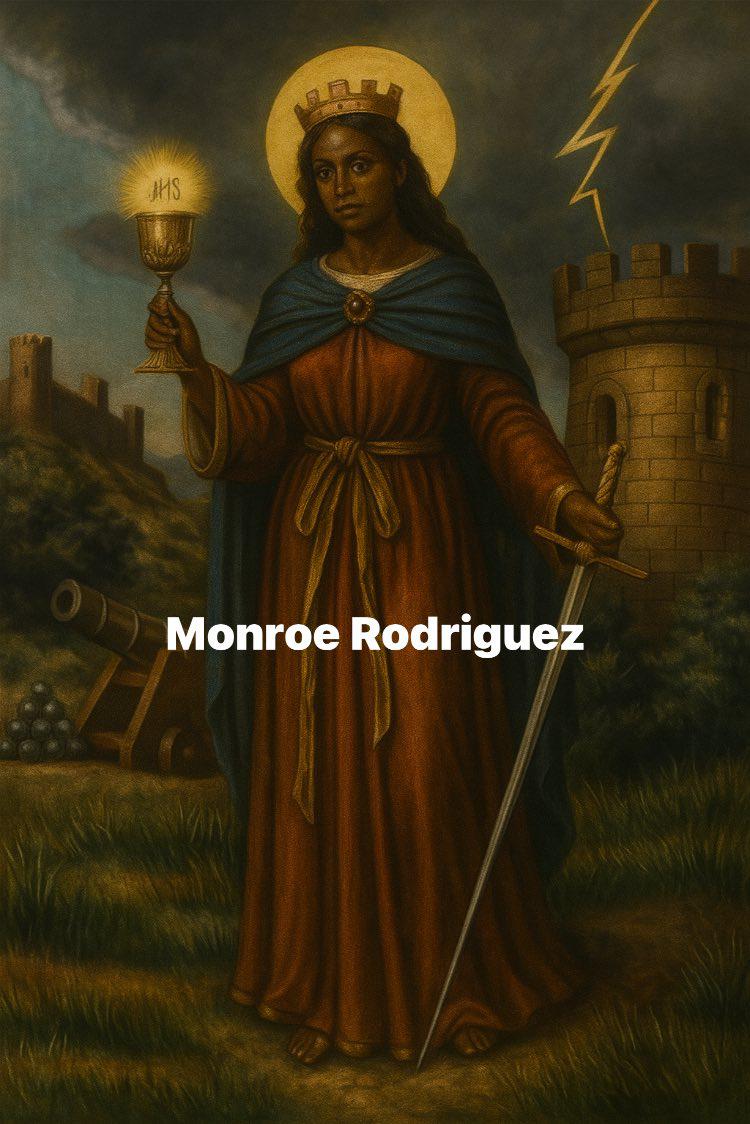Saints & Spirits | Catholic and Folk Devotion Across Worlds at Ejiogbe Institute
-
Saint Helen of Constantinople: The Empress Who Found the True Cross
Saint Helen, also known as Helena of Constantinople, was the mother of Roman Emperor Constantine the Great and one of the most influential women in early Christian history. Born around 248 CE in a humble background, she later became empress and converted to Christianity. After her son legalized and promoted the Christian faith, Helen undertook a legendary pilgrimage to the Holy Land.
She is best known for her discovery of the True Cross—the cross believed to have been used in the crucifixion of Jesus—and for building several churches at sacred sites in Jerusalem and Bethlehem. Saint Helen’s devotion and actions helped shape the sacred geography of Christianity. She was canonized for her piety, vision, and commitment to preserving the physical legacy of Christ.
-
Saint Elias — The Prophet of Fire Who Never Died
Saint Elias, more widely known as Elijah the Prophet, is a fiery figure who appears in the Hebrew Bible, Christian texts, and Islamic tradition. He was a prophet of judgment, fire, and divine confrontation—best known for challenging idolatry under King Ahab and Queen Jezebel, calling down fire from heaven, and being taken up to heaven in a chariot of flame.
In Christianity, he is venerated as Saint Elias, a holy man who never died and who will return at the end of time. His spirit is seen as alive and active, especially in places of intense spiritual warfare. Patron of prophets, hermits, and those who seek truth without compromise, Saint Elias embodies the power of divine justice, inner fire, and fearless devotion.
-
Saint Expedite — The Saint Who Doesn't Wait
Saint Expedite is the folk saint of fast action, instant results, and urgent justice. Symbolized by a Roman soldier crushing delay underfoot, he is called on when time is short and help is needed immediately. Offer red candles and pound cake, speak clearly, and keep your promises—he’s known to answer fast and expect respect.
He teaches us to act now, speak now, move now.
Not cras. Not later. Hodie. Today. -
Saint Sebastian — Beauty, Brutality, and the Boldness to Stand Again
Saint Sebastian was a Roman soldier and covert Christian who became one of the most venerated martyrs in Christian tradition. Serving under Emperor Diocletian, he secretly converted many to Christianity. When discovered, he was sentenced to death by being tied to a tree and shot full of arrows. Miraculously, he survived and confronted the emperor again—only to be beaten to death.
He is widely revered as a patron of soldiers, athletes, those persecuted for their faith, and victims of plagues. Often depicted as a youthful, serene figure pierced by arrows, Sebastian represents endurance through suffering, loyalty to truth, and the body as a site of both pain and transcendence.
-
Saint Barbara – Patron Saint of Thunder, Protection, and Sudden DeathIn our latest blog post, we delve into the sacred legacy of Saint Barbara, uncovering her rich spiritual history and the lasting impact she has had on holistic healing practices at Ejiogbe Institute. Discover how her life and teachings inspire individuals on their spiritual journeys, fostering deep personal growth and transformation. We also explore a selection of transformative practices inspired by Saint Barbara’s wisdom, available in our online store, designed to empower you and enhance your well-being. Join us as we celebrate her legacy and its profound connection to modern spiritual development, guiding you toward a path of enlightenment and healing.





